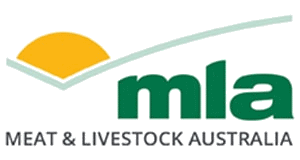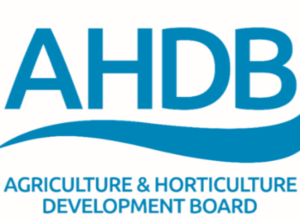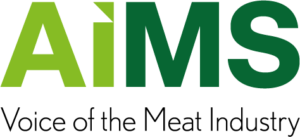JBS to Invest in Two New Meat Plants in Vietnam
Strategic Expansion into Southeast Asia
Brazilian meatpacking giant JBS S.A. has unveiled plans to invest $100 million in building two state-of-the-art meat processing facilities in Vietnam, reinforcing its commitment to expanding operations in Southeast Asia and boosting global market reach.
First Facility: Northern Vietnam
The first plant will be located in the Nam Dinh Vu Industrial Park in Haiphong, northern Vietnam. This facility will feature:
- A logistics centre
- Cold storage units
- Pre-processing, cutting, and packaging lines
It will process beef, pork, and poultry, using raw materials imported from Brazil. The output will serve both Vietnam’s domestic market and regional export destinations.
Second Facility: Southern Vietnam
The second plant is scheduled to begin construction two years after the first becomes operational. It will mirror the infrastructure and capabilities of the Haiphong facility, further strengthening JBS’s footprint in the region.
Government Partnership and Economic Impact
The investment was formalised through a memorandum of understanding signed during Brazilian President Luiz Inácio Lula da Silva’s state visit to Vietnam. According to Renato Costa, president of JBS subsidiary Friboi, the initiative is designed to:
- Create approximately 500 skilled jobs
- Enhance food security across Southeast Asia
- Support technology transfer and workforce training
Costa emphasized that the project is not only about increasing production capacity but also about creating long-term value for Vietnam’s economy.
Conclusion
JBS’s $100 million investment marks a significant milestone in the company’s global expansion strategy. By establishing two advanced meat processing plants in Vietnam, JBS aims to meet growing demand in Southeast Asia, foster local economic development, and strengthen its position as a leader in the international meat trade.
Original story: Vietnam Investment Review


